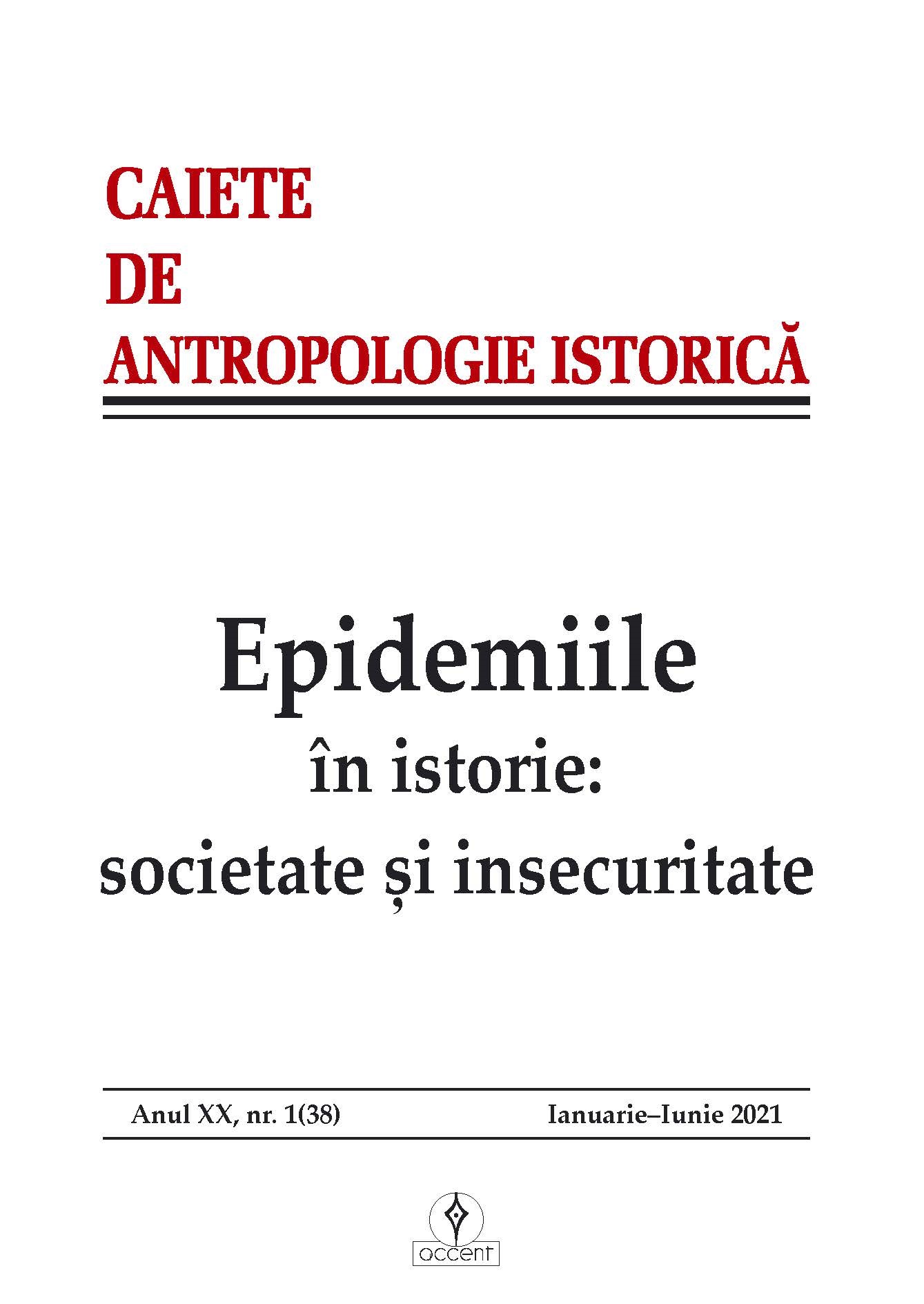Victor Babeș, contemporanul lui Louis Pasteur
Victor Babeș, the contemporary of Louis Pasteur
Author(s): Mihai Teodor NicoarăSubject(s): History, Local History / Microhistory, Social history, History of Education, Health and medicine and law, Interwar Period (1920 - 1939)
Published by: Accent Publisher
Keywords: Victor Babeș; Louis Pasteur; bacteriology; histopathology; vaccines; epidemics; public health;
Summary/Abstract: Victor Babeș was one of the great scientists of the Romanian medical school, his research being in the field of bacteriology, microbiology and serology. He studied medicine at the University of Vienna and Budapest. Between 1882 and 1886 he made study trips to the great medical centers of Europe and studied near some medical figures, such as Louis Pasteur, Cornil André Victor, Rudolf Wirchow and Robert Koch. Together with the French scientist A.V. Cornil, in 1885 he published a great treatise on bacteriology, appreciated all over the world. V. Babeș studied the causes and possibilities of treating diseases such as leprosy, tuberculosis, cholera, rabies and others. He was interested in Louis Pasteur’s research into the treatment of cholera and rabies, being impressed by the personality of the French scientist. From Pasteur he learned the importance of laboratory experiments and perseverance in the search for scientific arguments. From 1870 to 1887 he published over a hundred scientific papers in histopathology and microbiology. In 1887 he settled in Romania, as a professor of histopathology and bacteriology at the Faculty of Medicine, in Bucharest and as founder and director of the Institute of Pathology and Bacteriology in the capital city. V. Babeș was among the members of the University Commission, which dealt with the study program of the Faculty of Medicine in Cluj. In 1919 he was appointed professor at the University of Cluj, where he taught courses in pathological anatomy, histology and microbiology. Babeș’s greatest research work was the discovery of the rabies bacillus and the treatment of this serious disease. In 1912 he published a treatise on rabies in Paris, contributing significantly to the evolution of scientific knowledge in this field. Although Louis Pasteur was the “father” of the rabies vaccine, Victor Babeș invented his own method of rabies vaccination, which he applied in Romania. He was also constantly concerned with improving the health of the country’s population and an efficient government organization in public health. Babeș had been a full member of the Romanian Academy since 1893. He was a three-time laureate of the Paris Academy of Sciences, receiving the Monthyon Prize for his research (in 1887 and 1924), and in 1913 the Bréant Prize. For his merits in universal medicine, he became a corresponding member of the Academy of Medicine in Paris and an officer of the Legion of Honor in France.
Journal: Caiete de Antropologie Istorică
- Issue Year: 2021
- Issue No: 38
- Page Range: 112-123
- Page Count: 12
- Language: Romanian

